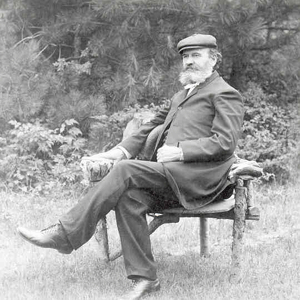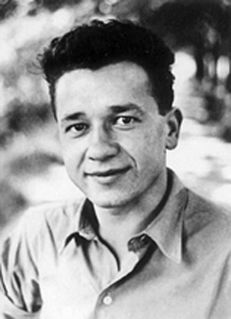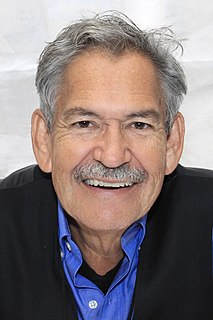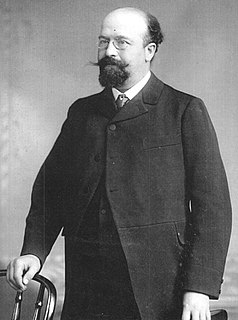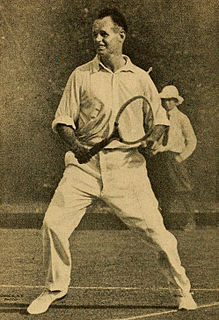A Quote by David Lowery
A great sense of morality was instilled in me through my upbringing in the Catholic faith - particularly because my father is a moral theologian. And morality is something I believe exists separate from faith, as an intrinsic human quality that one should aspire to understand and participate in.
Related Quotes
It was morality that burned the books of the ancient sages, and morality that halted the free inquiry of the Golden Age and substituted for it the credulous imbecility of the Age of Faith. It was a fixed moral code and a fixed theology which robbed the human race of a thousand years by wasting them upon alchemy, heretic-burning , witchcraft and sacerdotalism.
When one gives up the Christian faith, one pulls the right to Christian morality out from under one's feet. This morality is by no means self-evident. Christianity is a system, a whole view of things thought out together. By breaking one main concept out of it, the faith in God, one breaks the whole. It stands or falls with faith in God.
A friend ... said, "You were healed by faith." "Oh, no," I said, "I was healed by Christ." What is the difference? There is a great difference. There came a time when even faith seemed to come between me and Jesus. I thought I should have to work up the faith, so I laboured to get the faith. At last I thought I had it; that if I put my whole weight upon it, it would hold. I said, when I thought I had got the faith, "Heal me." I was trusting in myself, in my own heart, in my own faith. I was asking the Lord to do something for me because of something in me, not because of something in Him.
We're always projecting our moral categories on things. I think that's inevitable. But capitalism places no particular value on morality. Morality in the market is enforced by contract and regulation and law, because morality is understood to be in conflict with the motive force of greed and accumulation.
Because love stands above Darkness and Light.Because love is not sex or a shared faith, or "the joint maintenance of a household and the upbringing of children."Because love is also Power.And Light and Darkness, people and Others, morality and law, the Ten Commandments and the Great Treaty have damn all to do with it.
My version of relativism is pluralistic and attributes functions to morality that in combination with human nature place limits on what could count as a true morality. Unlike many other relativists, I do not hold that people are subject to a morality because they all belong to a certain group. That is, I don't hold that being a member of a group makes one's subject to some set of generally accepted norms. What is true is that others around us teach us morality and moral language, so they inevitably influence us.
The world is ruled by neither justice nor morality; crime is not punished nor virtue rewarded, one is forgotten as quickly as the other. The world is ruled by power and power is obtained with money. To work is senseless, because money cannot be obtained through work, but through exploitation of others. And if we cannot exploit as much as we wish, at least let us work as little as we can. Moral duty? We believe neither in the morality of man nor in the morality of systems. [p. 168]
I'm an ex-Catholic priest. I have such a complex relationship to Catholicism. On the one hand, if I called myself a Catholic it would have to be a very unorthodox one, as I just don't believe all of the teachings of the Church. But on the other hand, I'm an educated man because the Catholic Church educated me. It gave me something that is really important to me. So I always think about my faith. I always have it, and sometimes I can't talk about it, and sometimes I can. I am like an adolescent in that way. Teens are asking questions: who is God and what does it mean to have faith?
The Jew...is not content merely to destroy Christianity, but he preaches the gospel of Judaism; he not only assails the Catholic or the Protestant faith, but he incites to the unbelief, and then imposes on those whose faith he has undermined his own conception of the world, of morality and of life. He is engaged in his historic mission, the annihilation of the religion of Christ.






